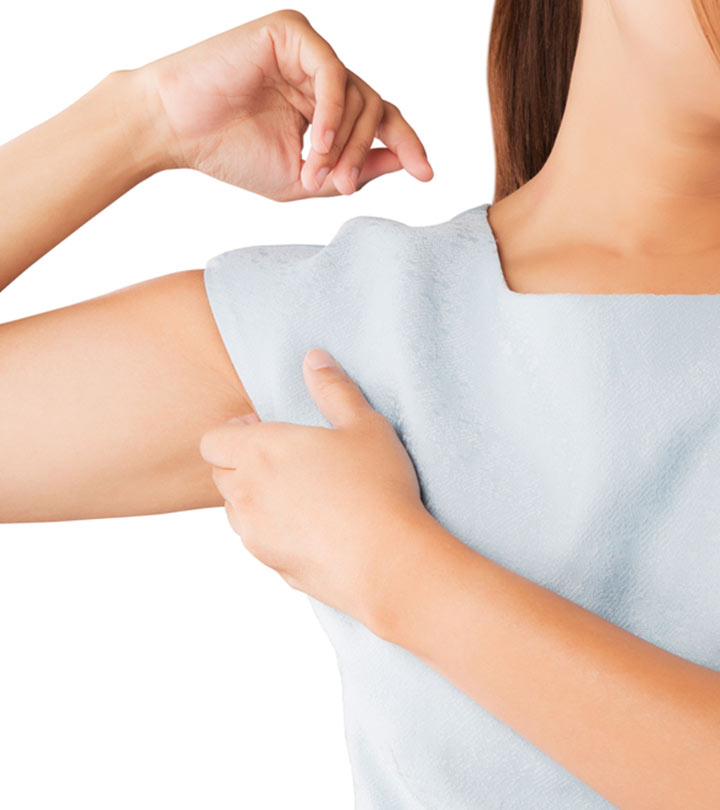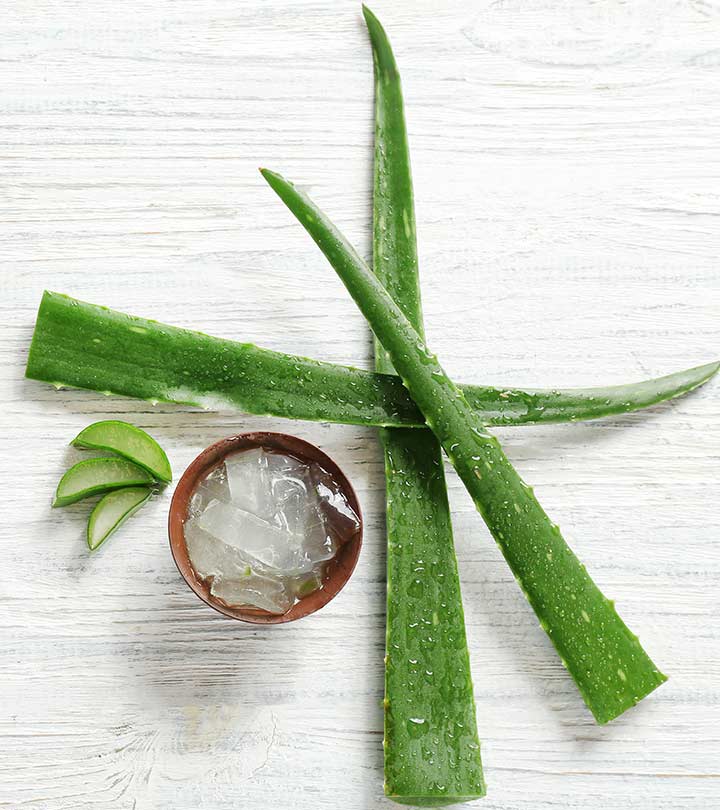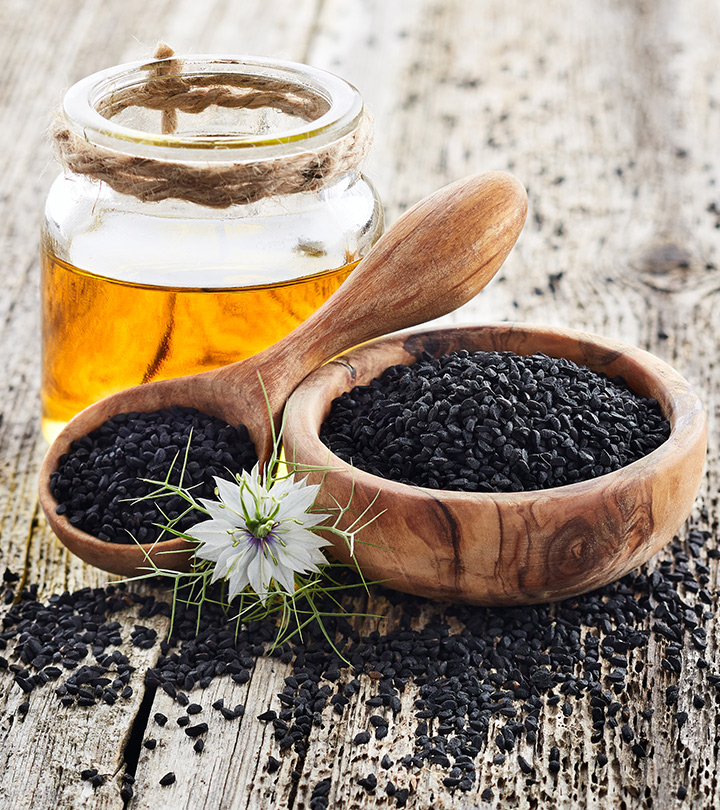Denatured alcohol is often a topic of debate and controversy. Many refrain from using alcohol denat for skin troubles and other safety concerns. But is denatured alcohol that bad for your skin? Or does it provide any benefits? In this article, we will discuss alcohol denat and if it is safe enough to be used on the skin. Keep reading to learn more.
StyleCraze Trivia Alcohol denat is known as methylated spirit in Canada, New Zealand, Australia, the United Kingdom, South Africa, and Ireland.
In This Article
What Is Alcohol Denat?
Alcohol that is impotable (not suitable for drinking) due to the addition of a denaturant is commonly known as alcohol denat. It is put to several uses in industries, including the cosmetic industry. Depending on the type of denaturant used, denatured alcohol can fall under any of the following two categories:
- Completely Denatured (CD Alcohol)
- Specially Denatured (SD Alcohol)
There are various denaturants used to make alcohol unfit for human consumption. When used in cosmetics, ethyl alcohol or ethanol is the name given to alcohol. Some of the denaturants used in alcohol include:
- Butyl Alcohol
- Diethyl Phthalate Alcohol
- Methyl Alcohol
- Salicylic Acid, Sodium Salicylate, and Methyl Salicylate
Among a few others are Quassin, Brucine and Brucine Sulfate, and Denatonium Benzoate, as mentioned by the Cosmetic Ingredient Review Expert Panel (1).
Why Is Alcohol Used In Skin Care Products?
Alcohol is widely used in cosmetics in the following capacities:
-
As An Anti-foaming Agent
Alcohol denat as a cosmetic ingredient does not allow the formation of foam. Its insolubility in the foaming medium makes it an effective anti-foaming agent. Alcohol denat does not possess a high level of viscosity. It spreads out easily, and foams are highly unstable in its presence.
-
As A Cosmetic Astringent
Astringents in skin care are used to tighten the skin and reduce the appearance of pores. These have anti-bacterial properties. However, if used excessively, astringents can be drying and irritate your skin. Dry skin is more prone to acne, redness, and itching.
-
As A Solvent
Alcohol denat is also used as a solvent. It finds use in industrial purposes. It also is relatively cheaper.
-
As A Viscosity-Decreasing Agent
The low viscosity of alcohol denat enables it to flow freely. Substances with high viscosity face much more resistance to flow. Different cosmetics require different levels of viscosity, and what works for cologne, for instance, will not work for body butter.
-
As An Antimicrobial Agent
Alcohol denat may inhibit the growth of microbes and effectively counteract its pathogenic effects (2). In terms of antimicrobial efficacy, 1-propanol can be regarded as the most effective alcohol, followed by 2-propanol and ethanol.
Several products on the market contain alcohol denat. We have discussed a few of them in the next section.
Products With Alcohol Denat
Shutterstock
Alcohol denat was reported to be used in 9 out of 215 bubble baths (4.2%) at a concentration of 0.1% (1).
It was reported to be used in 264 of 684 colognes and toilet waters (38.6%) at concentrations from 79% to 96%, with diethyl phthalate, t-butyl alcohol, and denatonium benzoate used as denaturants (1).
SD Alcohol 3-A (denatured with methyl alcohol only) is used in a total of 16 cosmetic products at a concentration range from 0.1% to 5% (1).
Alcohol denat was not reported to the FDA to be used in eyeshadows, but the industry reported that it is currently being used in this product category in the concentration range of 0.008% to 6%.
Is alcohol denat safe for use frequently? How often can one use it?
How Often Can You Use Alcohol Denat?
Shutterstock
Alcohol denat is a common solvent in beauty products. It is difficult, if not impossible, to avoid this common ingredient in your skin care. It facilitates absorption, emulsification, and astringency, and is hence widely used even by several big brands.
However, it may cause more irritation than usual when used alongside other additives like fragrances. Even though you cannot or would not want to eliminate it from your beauty regime, try to use it sparingly.
Lesser exposure to cosmetics laden with alcohol denat will ensure your skin moisture is preserved.
Pay close attention to what alcohol denat does to your skin. Discontinue using products with alcohol denat if you notice your skin going dull, dry, or flaky. Different skin types respond differently to different products. Hence, it is best to use those that you deem suitable to yours.
Is Alcohol Denat Bad For The Skin?
Shutterstock
Alcohol denat cannot cause much harm to your skin in small amounts. However, frequent use of products with alcohol denat may do more harm to your skin.
Alcohol denat can cause more dryness than usual in individuals with dry skin. It can also lead to itchiness and redness.
This ingredient may amplify sebum production in those with oily skin, and aggravate acne as a consequence.
However, not all alcohol is bad for your skin. A relatively good substitute to alcohol denat is fatty alcohol. Fatty alcohols steer clear of denaturants and are derived from plants and animals. Some of these include:
- Stearyl alcohol
- Cetearyl alcohol
- Cetyl alcohol
Fatty alcohols are aimed at moisturizing the skin and giving it a smooth finish. Look out for these in your cosmetics.
Alcohol denat is extensively used in skin care because of its chemical properties. These properties impart better texture and finish to the skin. However, these results only seem temporary. In the long run, it may have the following side effects.
Side Effects Of Alcohol Denat
1. May Diffuse Into Damaged Skin Faster
Most water-soluble compounds like ethanol, when applied to the skin, may diffuse much faster into the bloodstream if the epidermis is diseased, damaged, or removed. Individuals with damaged skin may face severe complications with alcohol denat. However, more information is warranted in this regard.
Related: 9 Best Home Remedies For Flaky Skin And Prevention Tips
2. May Cause Skin Dryness And Irritation
Shutterstock
Topical application of ethanol can make the skin more prone to side effects. Alcohol denat, with consistent use, may also disrupt the skin’s natural barrier (3). This, in turn, hampers the skin’s ability to retain moisture. Your skin can get irritated, which is apparent by redness, itching, and flakiness.
Related: What Causes Dry Itchy Skin? How Do You Treat It?
3. May Clog Pores
Alcohols may dry skin out. Skin devoid of sufficient moisture can result in the formation of dead skin. Dead skin contributes to clogged pores, which can further lead to blackheads, whiteheads, and acne.
Related: 20 Home Remedies To Get Rid Of Open Pores On Skin
4. May Disrupt The Skin’s Oil Balance
Alcohol denat may dry your skin out and cause it to produce excessive oil. Our skin has an inherent mechanism that sends signals to the sebaceous glands to secrete sebum if our skin is dehydrated. Excessive oil secretion makes the skin susceptible to breakouts and acne (4).
Thus, skin care products that earlier seemed to offer benefits by reducing excess oil may instead cause the opposite effect. But since it is quite a challenge to completely avoid products containing alcohol denat, it is important to take certain precautions.
Using Alcohol Denat For Skin: Precautions To Take
Shutterstock
Sensitive skin is more likely to respond adversely when treated with alcohol. Breakouts, rashes, itchiness, and flakiness are more likely. If you have sensitive skin, consult your doctor before using such products.
Also, read the ingredients list carefully. The order in which the ingredients are mentioned tells us of their concentration in the product.
If alcohol denat makes its way up on the list, you are probably going to face issues. Products with alcohol denat way down in the ingredients list could be better alternatives.
Is Alcohol Denat Vegan?
SD alcohols may not always be vegan. Consumers preferring vegan alternatives to SD alcohols and other long-chained alcohols can opt for products with fatty alcohols.
Fatty alcohols are usually derived from natural sources. These include cetyl and cetearyl alcohols.
Stylecraze Says To maintain the effectiveness of alcohol denat, store it in a cool and well-ventilated place, preferably between 55 to 100° Fahrenheit.
Using alcohol denat for skin is not a bad idea. As a cosmetic ingredient, it is an effective anti-foaming agent that spreads out easily, helps tighten the skin, minimizes the appearance of pores, and inhibits the growth of microbes. Though it is considered good for your skin, you may experience allergic reactions if used with additives like fragrances. So, it is best to use it sparingly. You may use it on your skin and check how it feels, and accordingly, you may decide to include it in your routine or discontinue using alcohol denat.

















